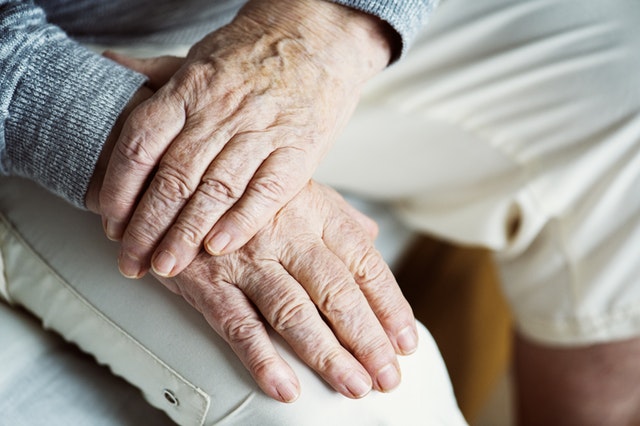If you’re like most people in El Paso, you’re probably familiar with triple digit temperatures and scorpions. But if you’ve just been diagnosed with hearing loss, you might not know very much about it. Don’t worry – we’ve got you covered!
Hearing Loss Statistics
First of all, understand that you are not alone: approximately 48 million Americans experience hearing loss to some degree, making it the third most common physical condition. Only arthritis and heart disease rank higher.
If you think only old people have hearing loss, you’d better put that stereotype to rest: the truth is, hearing loss can – and does – affect individuals of all ages, from newborns to octogenarians. We’ll discuss the most common causes below.
Age-Related Hearing Loss

Natural aging is one of the leading causes of hearing loss, but it’s not the only one. Presbycusis, the medical term for age-related hearing loss, is the result of the cumulative effect of a lifetime of noise exposure. When the tiny hair cells in the cochlea are damaged, they do not regenerate; this leads to a gradual reduction in hearing ability that affects the higher frequencies initially. Hereditary factors and diseases may also play a role. It can be difficult to notice because the changes occur so slowly; many people don’t even realize they are having problems hearing until a spouse or friend says something. Presbycusis typically affects both ears and can range from mild to severe. One-third of Texas residents aged 65 have hearing loss resulting from aging, and around half of all 75-year-olds experience it.
Noise-Induced Hearing Loss
Noise-induced hearing loss is another leading cause of hearing loss, and this type does not discriminate in favor of the young. In fact, it is the most common cause of hearing loss in people under the age of 65; an estimated 15 percent of El Paso residents between the ages of 20 and 69 experience noise-induced hearing loss as a result of exposure to sounds in excess of 85 decibels for prolonged periods of time. Risky activities include rock concerts, sporting events, motorcycles and boats, hunting, and listening to music at high volumes, especially through headphones or earbuds. Fortunately, noise-induced hearing loss can be prevented by wearing earplugs or other forms of hearing protection any time you are engaging in activities in which loud noise will be a factor.
Ototoxic Medications
More than 200 prescription and over-the-counter medications can potentially cause hearing loss as a side effect. Most common are certain antibiotics, loop diuretics, non-steroidal anti-inflammatory drugs (NSAIDs), and chemotherapy medications. In many cases, switching to a different medication can help resolve the issue.
Presbycusis and noise-induced hearing loss fall under the broader category of sensorineural hearing loss (SNHL). Also known as nerve damage, SNHL is associated with problems in the inner ear. Other causes include heredity, trauma, disease, otosclerosis, defects of the inner ear, Meniere’s disease, and tumors.
SNHL is by far the most common type of hearing loss, responsible for about 9 out of 10 cases. It is irreversible, but hearing aids are an effective treatment solution for most patients with sensorineural hearing loss.
Other Causes of Hearing Loss
Additional causes of hearing loss include heredity, trauma, disease, otosclerosis, malformations of the ears, ear infections, perforated eardrums, excess earwax, foreign objects in the ear, and benign tumors.
Regardless of the cause, there is help for hearing loss. Your first step is to contact your El Paso audiologist today to schedule a hearing evaluation.